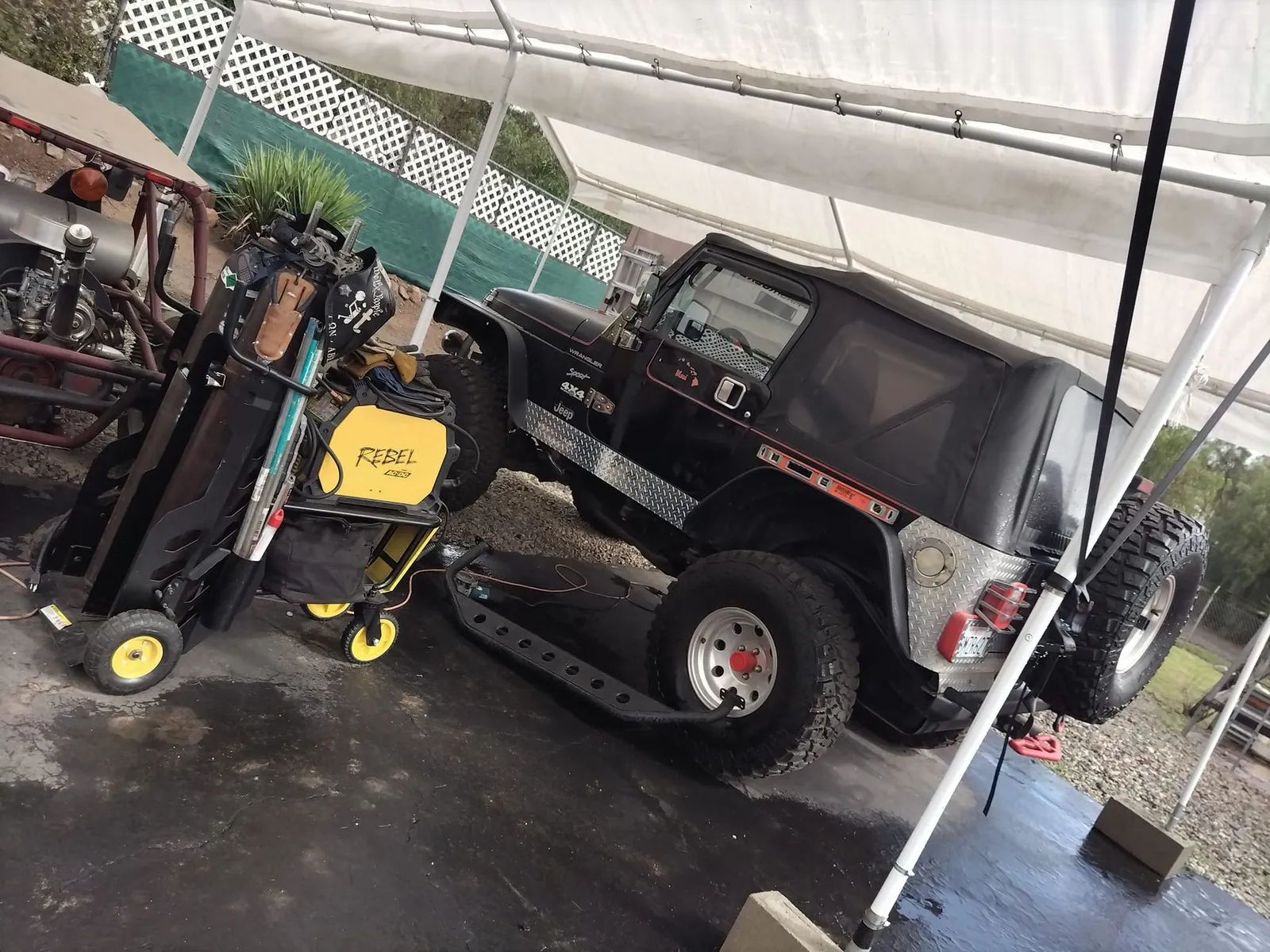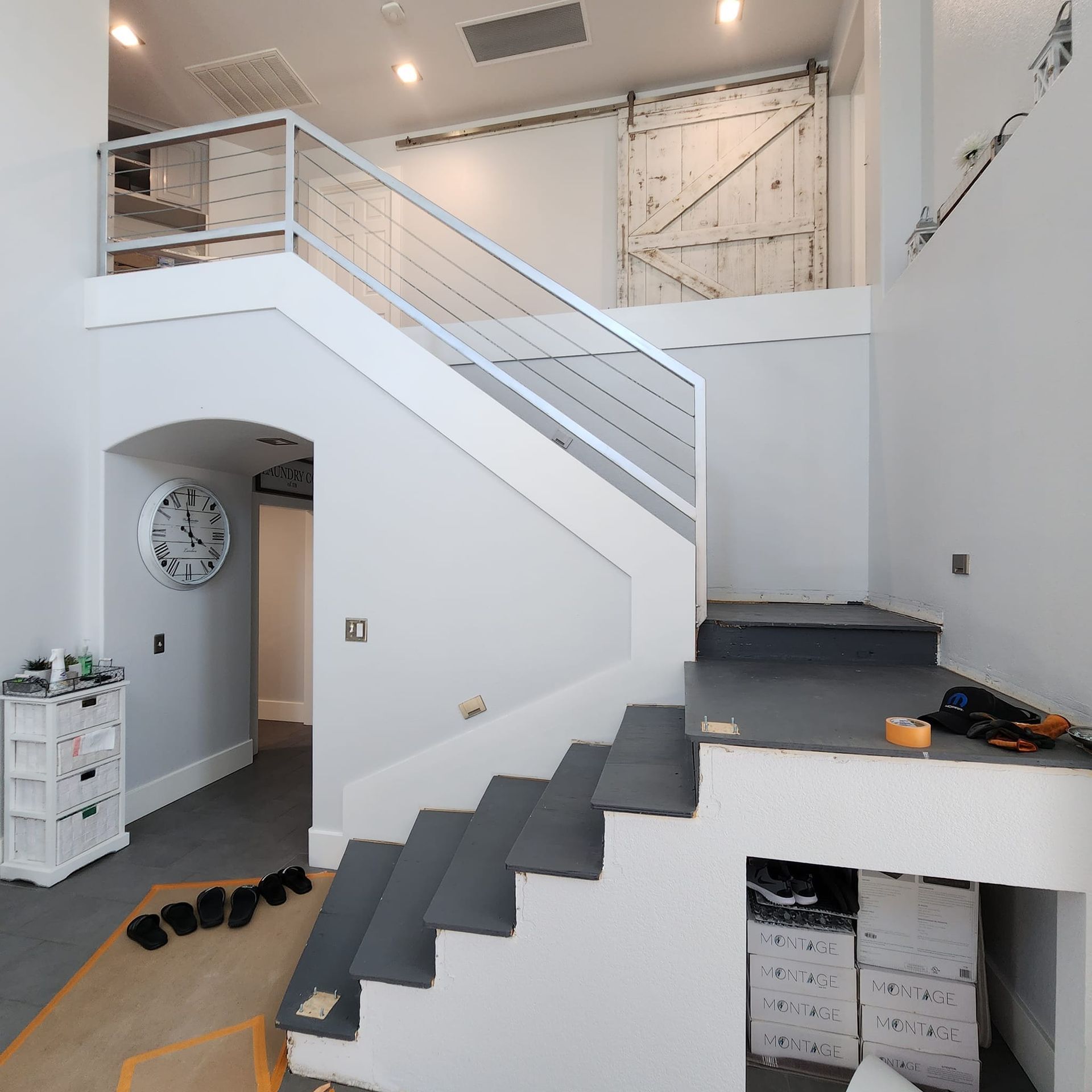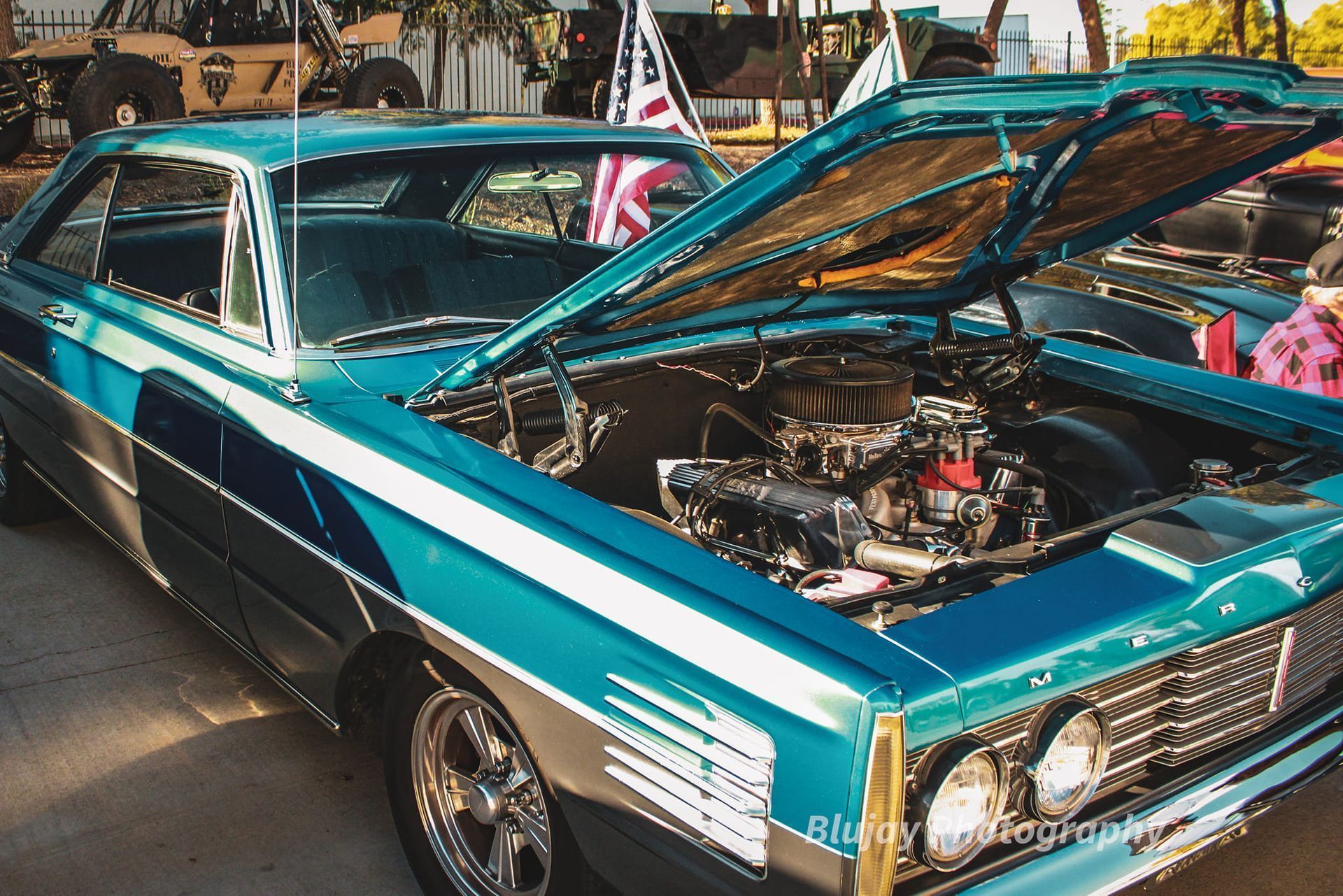The Importance of Proper Metal Fabrication for Vehicle Performance & Safety
August 11, 2025
Metal fabrication plays a critical role in shaping the safety and performance of every vehicle on the road. It’s more than just
cutting and welding metal—it's a precise process that demands skilled hands, attention to detail, and an understanding of how each component supports the structure and function of a vehicle. When done right, quality fabrication enhances a vehicle’s durability, strength, and overall reliability.
Precision Matters in Structural Components
Vehicle parts like brackets, frames, mounts, and exhaust systems are often custom-fabricated for specific builds or repairs. These components must withstand vibrations, weight distribution, road conditions, and temperature fluctuations. If poorly fabricated, these same parts can compromise the entire vehicle’s structural integrity. Proper fabrication ensures tight tolerances, correct alignment, and the ability to handle stress over time.
Custom Work Directly Affects Performance
In performance vehicles, custom fabrication can influence speed, balance, and handling. Precision-built parts reduce unnecessary weight, streamline aerodynamics, and help achieve better power-to-weight ratios. Every weld and bend affects the performance curve. Whether it's a lightweight roll cage or reinforced chassis support, the way it's built makes a difference in how the vehicle performs under pressure.
Fabrication Is Critical for Passenger Safety
Safety is non-negotiable, and metal fabrication is often the first line of defense. Reinforced bumpers, roll cages, rocker panels, and subframes are fabricated to shield passengers and maintain cabin integrity in the event of a collision. When fabricated properly, these components distribute impact forces more evenly, which reduces the risk of injury. In contrast, poorly executed work can buckle under stress, exposing occupants to avoidable harm.
Corrosion Resistance Requires the Right Technique
Another area where fabrication matters is corrosion resistance. Subpar metal work, such as using the wrong alloy or cutting corners in finishing processes, can lead to rust and deterioration over time. This can silently weaken key areas of the vehicle, leading to sudden failures or expensive damage. Proper fabrication techniques include rust-resistant coatings, smooth welds, and weather-resistant materials extending each part's lifespan.
Specialty Projects Depend on Expert Fabrication
Custom vehicles, classic restorations, and off-road builds often require specialized fabrication. These aren’t off-the-shelf jobs. Fabricators must have a deep understanding of vehicle dynamics, material behavior, and load distribution. The better the fabrication, the smoother the ride, the tighter the handling, and the longer the vehicle lasts.
Attention to Detail Makes All the Difference
Attention to detail is a major factor in any fabrication process. Everything from the welds' quality to the cuts' accuracy must be flawless. These aren’t just cosmetic details—they directly impact how a part functions within the vehicle. Even the smallest error can result in rattling components, alignment issues, or premature failure under pressure.
Proper Fitment Prevents Wear and Tear
Fitment is another critical piece of the puzzle. A perfectly fabricated part should blend seamlessly with the vehicle’s existing structure. Poorly fit parts can cause stress at connection points, increased wear, and even damage other components. Good fabricators know how to make parts that work with the vehicle, not against it.
At Semper Fix it
in Temecula, CA, we’ve built a reputation over the past 25
years on the foundation of expert-level fabrication. We know that performance and safety aren’t just buzzwords—they’re built into every cut, weld, and finish. Whether it’s for restoration, repair, or an upgrade, our custom work is made to endure. Contact us today for results you can trust.







